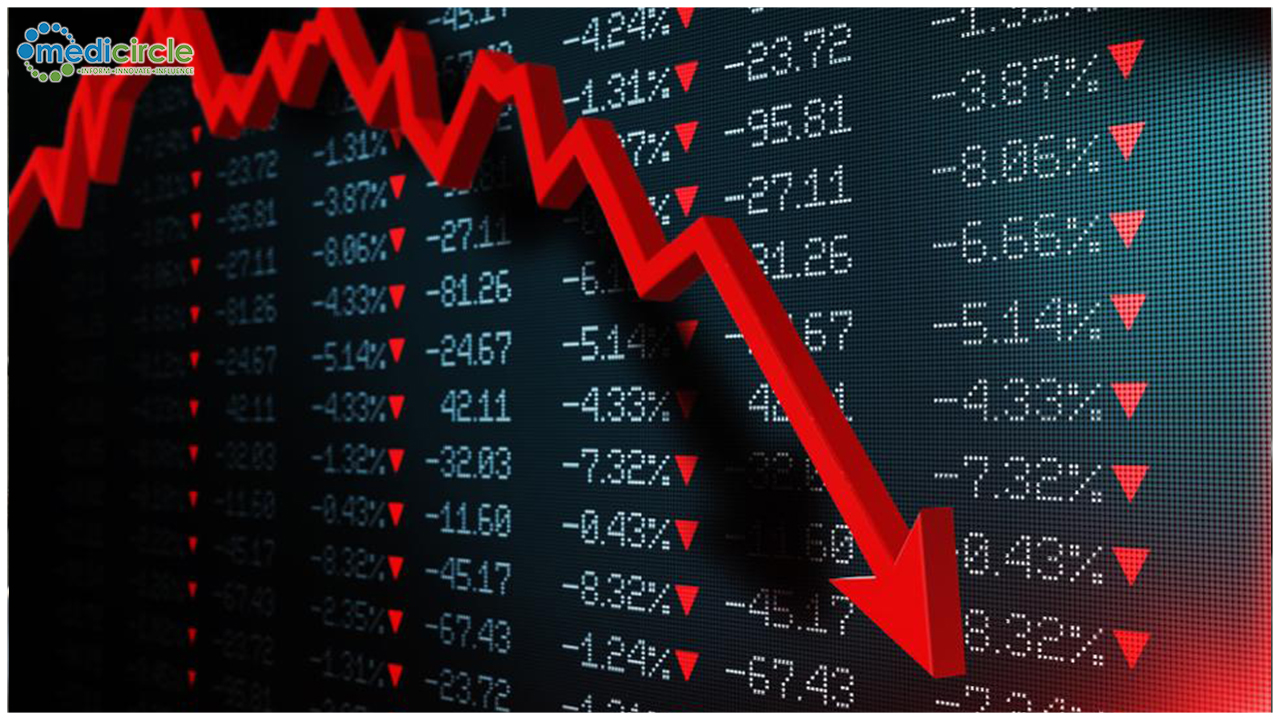Measures forced to slow the spread of the coronavirus are driving the world economy into a downturn more profound and more excruciating than at first expected, regardless of whether a bounce back is still on the cards for one year from now.
Seven days before the International Monetary Fund refreshes its gauges for the worldwide economy that will consider the underlying harm brought about since the coronavirus developed in China toward the beginning of the year, the principal sets of information are coming in.
France's national bank assessed Wednesday that the nation's economy shrunk by around six percent in the initial three months of 2020, its most exceedingly terrible quarterly execution since World War II.
In the interim, the main financial organizations in Germany anticipate that Europe's top economy should decrease by about 10 percent in the subsequent quarter.
That would be twice as profound as the constriction Germany endured in 2009 as the worldwide budgetary emergency hit the mainland, and it would establish the nation's most noticeably terrible presentation since the organizations started keeping records in 1970.
"During the initial two fourth of the year, the economies of Western nations are crumbling," said Philippe Waechter, business analyst at Ostrum Asset Management.
On the off chance that the United States is to some degree behind Europe as far as closing down organizations to stem the spread of the coronavirus and first-quarter figures won't be affected, the impact is probably going to make itself felt in the subsequent quarter.
'Most profound downturn in our lives'
"It's difficult to envision that the United States could get away from the profound downturn being endured somewhere else," said Waechter.
The two California, which has the world's fifth-biggest economy in front of Britain and France, and the US money related capital New York City are both under control measures.
In the meantime, the World Trade Organization said Wednesday it anticipates that world exchange should tumble by somewhere in the range of 13 and 32 percent this year.
WTO boss Roberto Azevedo cautioned the world is confronting the "most profound monetary downturn or downturn of our lives."
Estimates made only half a month back have gotten obsolete.
In mid-March, Moody's appraisals office said it expected moderate downturns of around two percent this year in the United States and 2.2 percent for the eurozone.
From that point forward, the greater part of Europe has followed Italy and Spain into lockdown, as has a significant part of the United States, hammering the brakes on both creation and utilization.
The main financial specialist of the Organization for Economic Co-activity and Development (OECD), Laurence Boone, told France Inter radio Wednesday that consistently in lockdown would prompt a 2.0-percent decrease in yearly total national output.
"We have creation levels dropping on the request for 25 to 30 percent over the entirety of the nations" in the OECD club of industrialized countries, she said.
A bounce back in 2021?
With none of the world's areas set to get away from the sound, the downturn could well last longer than some have so far anticipated.
"In 2021, we can seek after development like that of the past, yet there is a decent measure of vulnerability," said Waechter.
One of the unavoidable issue marks is whether an antibody can be created and advertised rapidly to keep away from another influx of diseases and whether manufacturing plants will have the option to restart creation rapidly.
"Taking into account how moderate China's recuperation is turning out to be, it is difficult to contend that the US and European economies will recoup immediately," said Edward Moya, an examiner at online forex exchanging firm OANDA.
"On the off chance that China is just mostly back fully operational, persistence will be expected to perceive how the remainder of the world will turn out," he wrote in a note to speculators.
The OECD's Boone said determining has gotten exceptionally troublesome.
"We could mostly leave the lockdown, yet on the off chance that the populace has little resistance and the remainder of the world is the equivalent, we could confront another flood of infection diseases and another time of lockdowns," she said.

 A week before the International Monetary Fund updates its forecasts for the global economy that will take into account the initial damage incurred since the coronavirus emerged in China at the start of the year, the first sets of data are coming in
A week before the International Monetary Fund updates its forecasts for the global economy that will take into account the initial damage incurred since the coronavirus emerged in China at the start of the year, the first sets of data are coming in



















.jpeg)

.jpeg)










.jpg)




.jpg)

